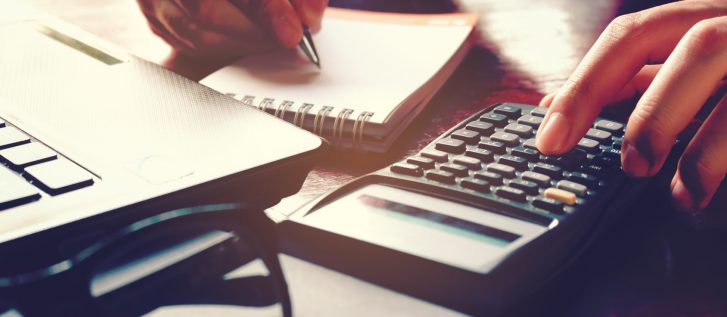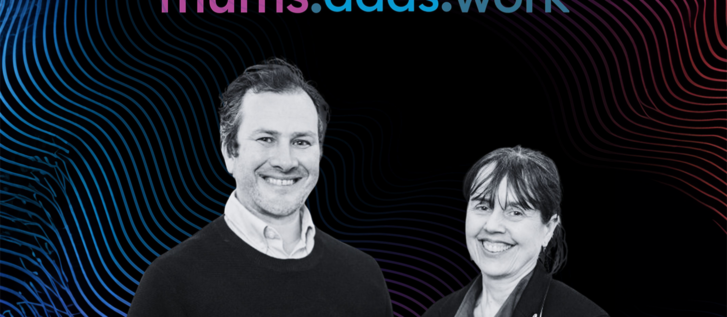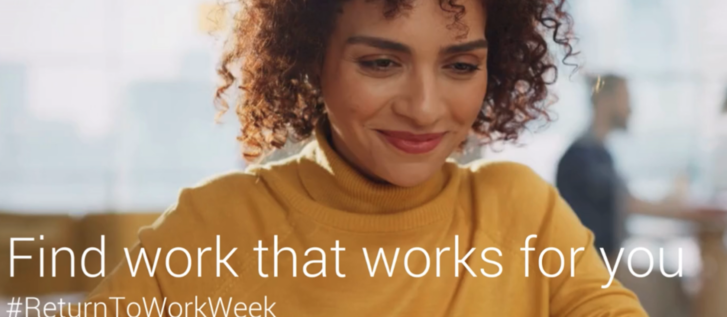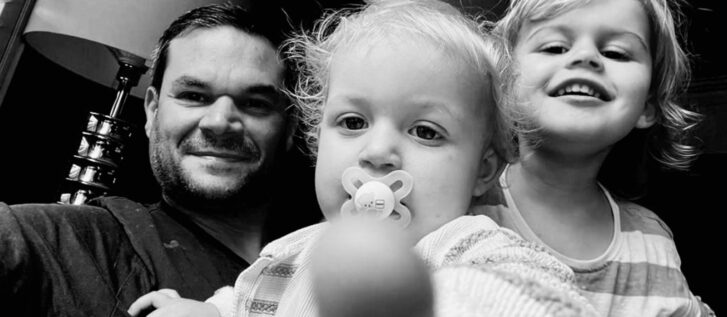
How to be a man
How to be a man, the Channel 4 two-part programme which launched this week, promised a lot...read more
January is tax return season. But freelancers sometimes forget the full range of expenses they can legitimately claim. Our expert is here to help.

Unfortunately, for freelancers, the New Year brings with it the dread prospect of the annual tax return. But it’s important to remember there’s plenty of expenses you can claim entirely legitimately that’ll keep your tax bill down.
As well as the obvious outlays over the year there are plenty of categories of expense that freelancers often forget. But they are well worth claiming.
Emily Coltman FCA, chief accountant to the online accounting software provider FreeAgent, gives her top five expenses that freelancers often forget they’re allowed to include in their books.
If you travel for business in your own car, or on your own motorbike, you can claim tax relief for the mileage you travel, so long as you haven’t already claimed tax relief when you bought the vehicle. “Claiming tax relief” on a cost just means you can count it in your business’s books and use it to reduce the amount of profit your business pays tax on.
You can also include the costs of business journeys you make by other means, such as by train, bus or taxi.
You don’t have to only include the equivalent of the cheapest way of making that journey – you would include the actual cost you incurred. So, if you decided to take a long journey by train rather than by the cheaper long-distance coach, you would still include the cost of the train fare you actually paid, not the equivalent coach fare.
If you work from home, as many freelancers do, did you know that you can claim tax relief on some of the costs of working at home?
If you’re a sole trader, you could either claim tax relief for some of your home-running costs using a flat rate allowance (available for sole traders with annual sales under the VAT threshold), or by working out a percentage of home running costs. For more help about how you can work out your costs, we’ve put together a handy infographic.
If you’re the director of a limited company, unfortunately HMRC doesn’t allow you to claim tax relief for fixed working from home costs, like your council tax or mortgage payments. You can still claim tax relief for variable costs like heating and light by working out a percentage of your home running costs. We’ve got an infographic for this, too!
You’re almost certain to be paying annual or monthly subscriptions for software to use for your business. You would also almost certainly be able to claim tax relief on them.
From a tax point of view, you don’t have to categorise these separately in your accounts depending on what they’re for. HMRC would be happy for you to put them all into computer software, so long as you have a breakdown of the total amount in that account to show a visiting inspector.
You may, though, want to set up separate categories for different kinds of software, for your own reference – for instance, you may want to have one category for accounting software and another for desktop publishing software, so that you can quickly and easily see how much you’ve spent on each sort of software year-on-year. It’s up to you.
If you’re a sole trader, you can’t claim all the food you buy when you’re out working. HMRC take the stern view that everyone must eat in order to live, and so therefore eating and drinking have what they call an “intrinsic dual purpose” – in other words, you’d have to eat whether or not you were working. They allow you, as a sole trader, to claim tax relief through your business accounts on the cost of your food and drink in three circumstances only:
If you’re away from your normal base of operations overnight on business.
Or if your business is by nature itinerant, for example you’re a concert pianist, and you’re travelling.
Or if your journey isn’t part of the normal pattern of your business, for example you live and work in the North and you go to London for training.
Here’s more information about this.
If you’re a limited company director, though, HMRC are a bit more generous and say that you can claim food and drink when you’re out and about on business, to a reasonable level.
That said, they do specifically say you have to buy the food while you are away working; they won’t allow the cost of a sandwich you make at home and take with you. And they do also say that the costs of food and drink should be kept to a reasonable level. They don’t mind if you have a full meal with a glass of Prosecco, but they might object to caviar and champagne
You can include a business proportion of your home phone and broadband service and also mobile phone calls you make.
You’d need to work out how much of the costs are for business and claim that amount only. HMRC say you can use “any reasonable” method to calculate the business proportion, such as call duration.
Many mobile phone subscriptions allow a certain number of free minutes. There’s no explicit guidance from HMRC as to how you should allocate those between business and personal calls, so I would recommend working out the business proportion of the calls you’re being charged for, then sharing the free minutes between business and personal calls in that proportion.
Remember, if you’re at all stuck with whether or not you can claim tax relief on a particular expense, you should always check with your accountant who will be able to advise you.
Emily Coltman FCA is chief accountant at FreeAgent, who make cloud accounting software for small businesses, freelancers and their accountants. Try it for free at www.freeagent.com

Contractor expert Crawford Temple says umbrella work may appeal to first-time contractors amid rising job insecurity, but he counsels conducting due... read more

The last episode of the current series of the Mums. Dads.Work podcast focuses on practical advice on setting up a business. read more

Over on our sister sites Working Mums and Working Wise, it's been a bonanza of events and guides to getting back into employment. Check it out. read more

How a dad (and entrepreneur) turned a devastating experience into something wonderful for parents and the planet. read more